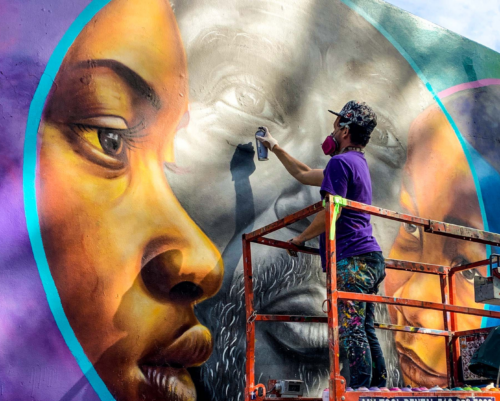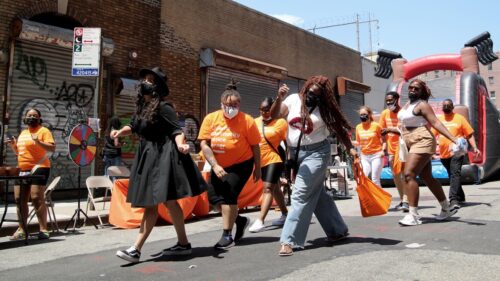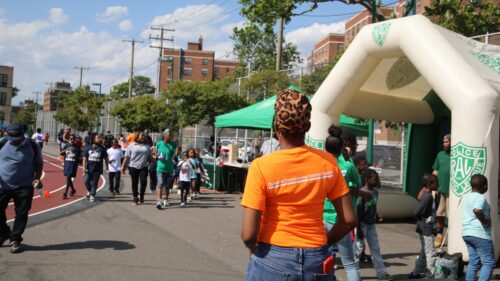Toward Community Justice: Upstream Investment Is Criminal Legal Reform

We work hand in hand with residents to build stronger neighborhoods and address local challenges before they reach the justice system.

The communities most impacted by crime and the justice system are also those that have faced chronic disinvestment and inadequate resources. At the Center, we know that the only way to achieve lasting safety is by investing in community well-being.
Community members are a critical partner in our work to cultivate safety by developing hyperlocal approaches that reduce crime, promote healing from trauma, and maintain vibrant public spaces. Through job support and fellowship opportunities for young people, resident-led initiatives to create murals and green spaces, supportive services, and more, we prioritize upstream investments to build safer, more resilient neighborhoods while ultimately shrinking the footprint of the justice system.

Nov 5, 2025